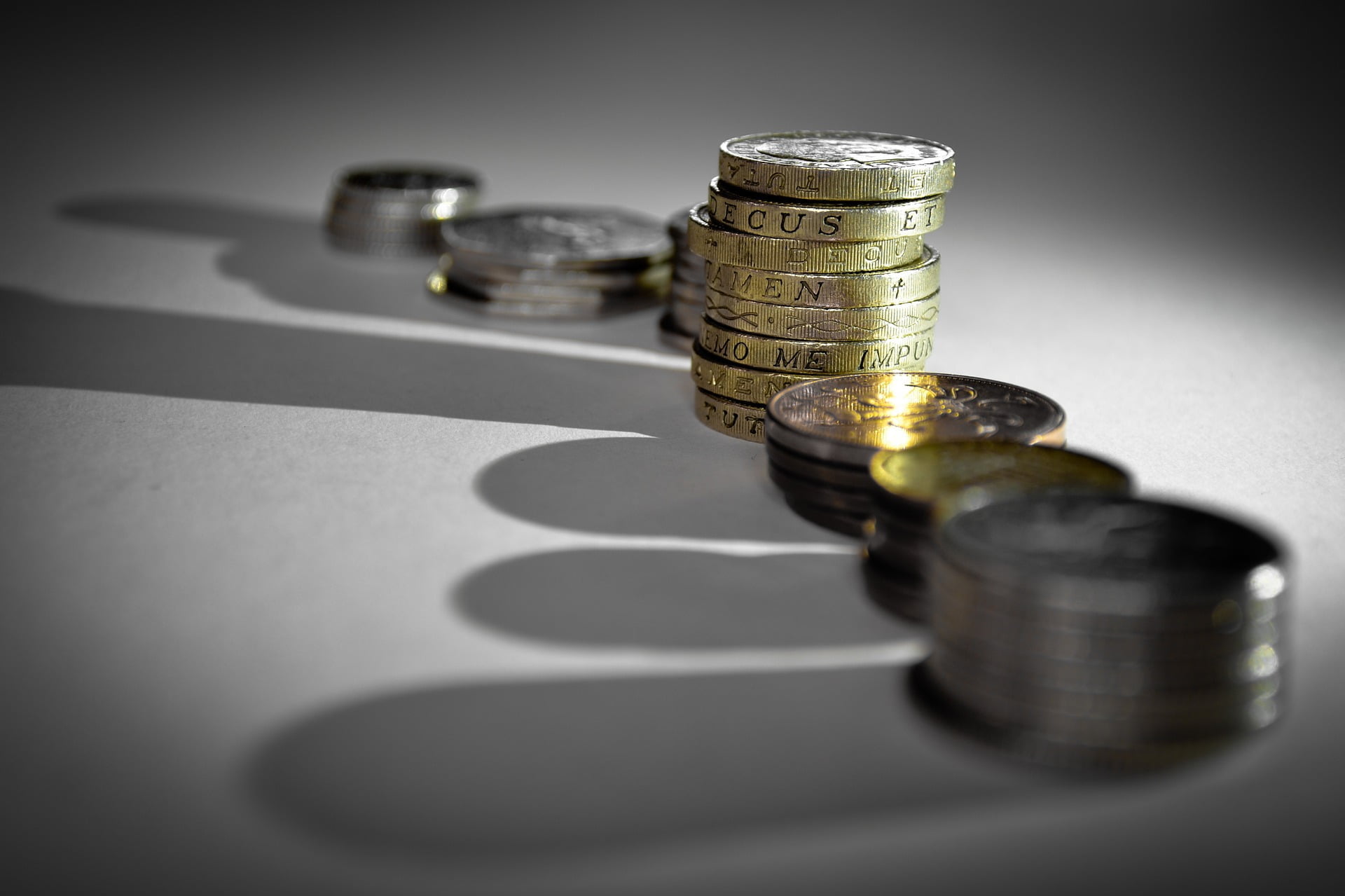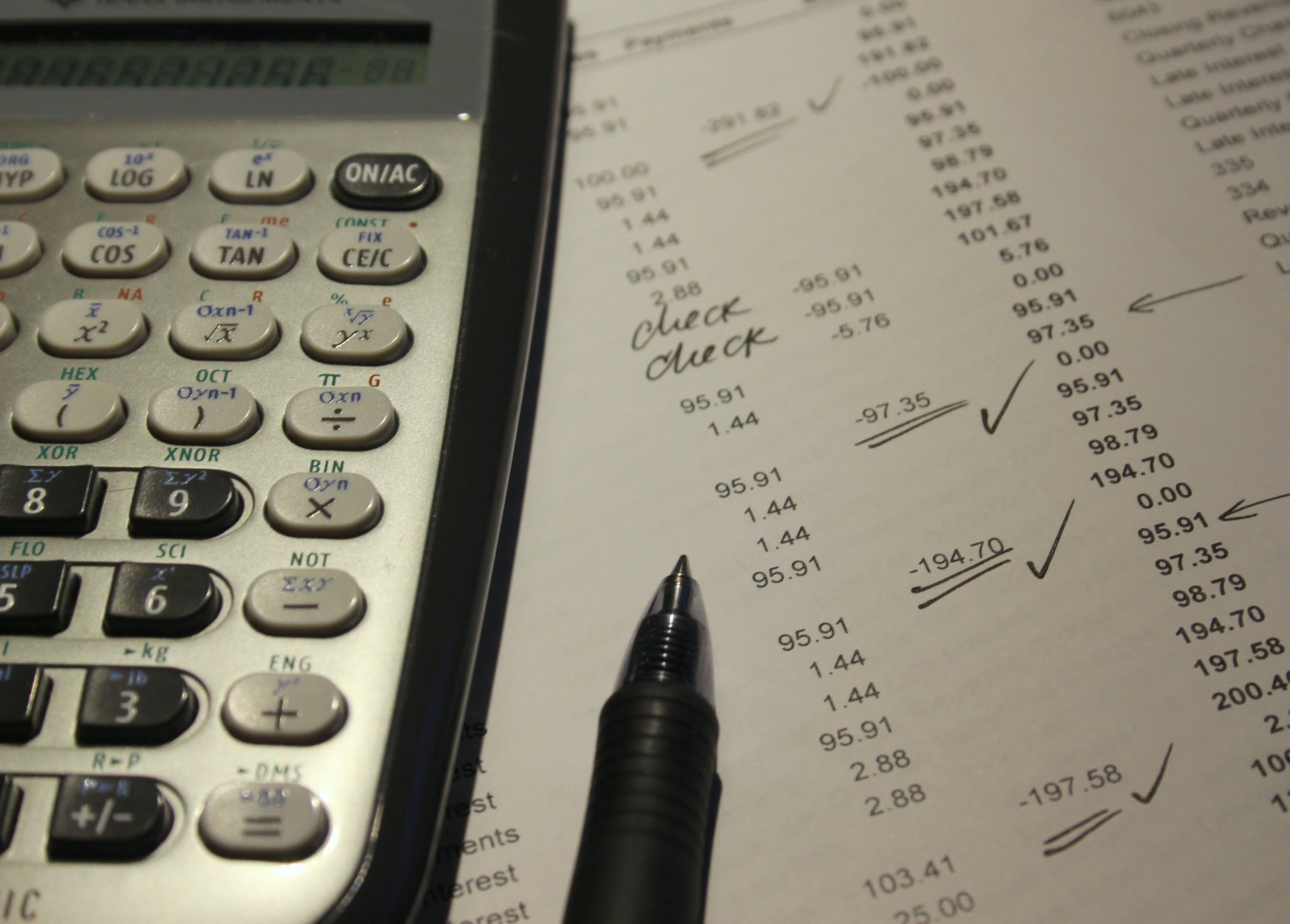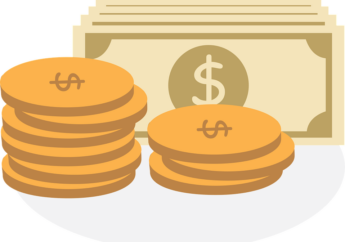Acceptable Reasons for Obtaining Personal Loans
by Abdul Aziz Mondal Loans & Credit Published on: 19 September 2018 Last Updated on: 17 May 2025

The Personal Loan:
A personal loan is an unsecured loan, meaning you do not have to put up any property or collateral in order to be able to get it, and is available from a number of different places, at varying rates of interest, so it is always a good idea to shop around rather than taking the first one you are offered. A personal loan is not as flexible as a credit card, as you have fixed amounts to pay every month, and normally doesn’t carry additional benefits, like warranties and purchase protection, but does normally come with a significantly lower interest rate than the card. Personal loans have a fixed time period for them to be repaid, unlike the credit card which is essentially never-ending. Short term loans tend to have lower interest rates, though of course, the shorter repayment period means higher monthly repayments than for a loan over a longer period.

The Purpose of the Loan:
When you obtain a personal loan, what you use it on is really up to you, and while the bank will probably ask, some lenders won’t. It might be to consolidate all of your debts and clear your credit cards at a lower rate of interest, it could be for a holiday, or a major one-off spends like a wedding. An unsecured loan will invariably have higher interest rates than a secured one, and it is definitely worth hunting around to find the best rate, which can vary dramatically.
What Determines the Interest Rates?
The interest rate that you are offered will generally be determined by how good your credit rating is, so it is a good idea to check your credit score and report before applying, and ensure any errors are rectified. Every time you apply for credit, especially if you are denied, it will have an impact on your score. The risk-based pricing used by lenders means the worse your score, the higher the interest on your loan, while advertised rates are generally for those the bank considers the lowest risk, so don’t be surprised if you are offered a different rate.
Bad Credit Rating:
Most people are able to still borrow money with a poor credit rating, but it is likely to cost them higher levels of interest. You may want to look at Debt Fix personal loans for poor creditcustomers as they have solutions not offered by the banks. If you have a poor credit rating, you will be considered a much higher risk than someone with a good score, so you can expect rates to reflect this. While taking a loan to consolidate debts such as credit cards can still provide savings, you may want to think twice about borrowing to buy something, rather than save up for it.
Finding the Right Deal:
For every loan, regardless of if you have the good credit history or bad, there are a wide range of loans available, and it is very advisable to do your homework, to find the best deal. There are some issues to watch out for, one such being to avoid loans that will penalize you if you want to pay off the loan faster than originally planned, while some others require you to have insurance, which is going to push the price up. A personal loan is great because you have great flexibility in how you use it, but you will be in debt until it is paid off, so don’t borrow more than you need.
Read Also:



































































































